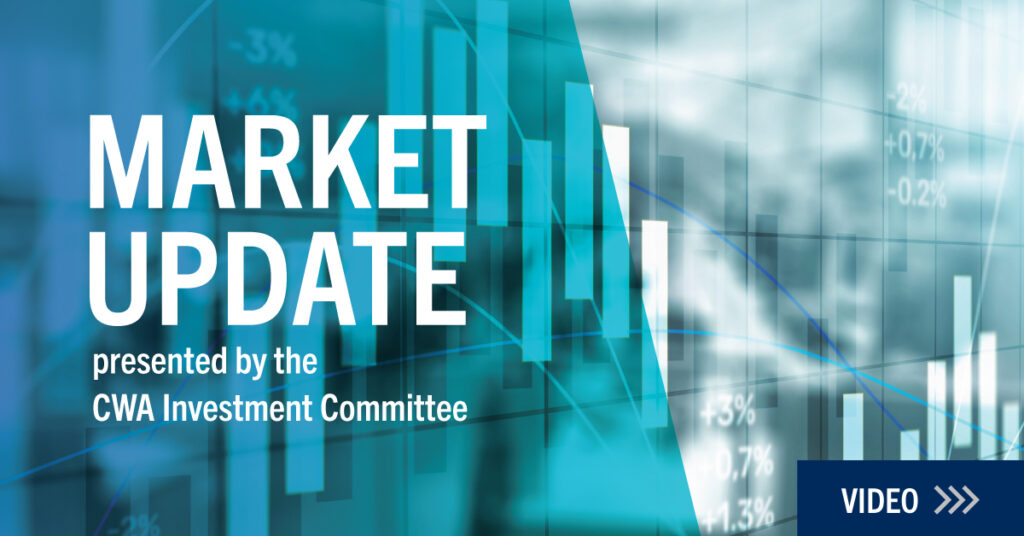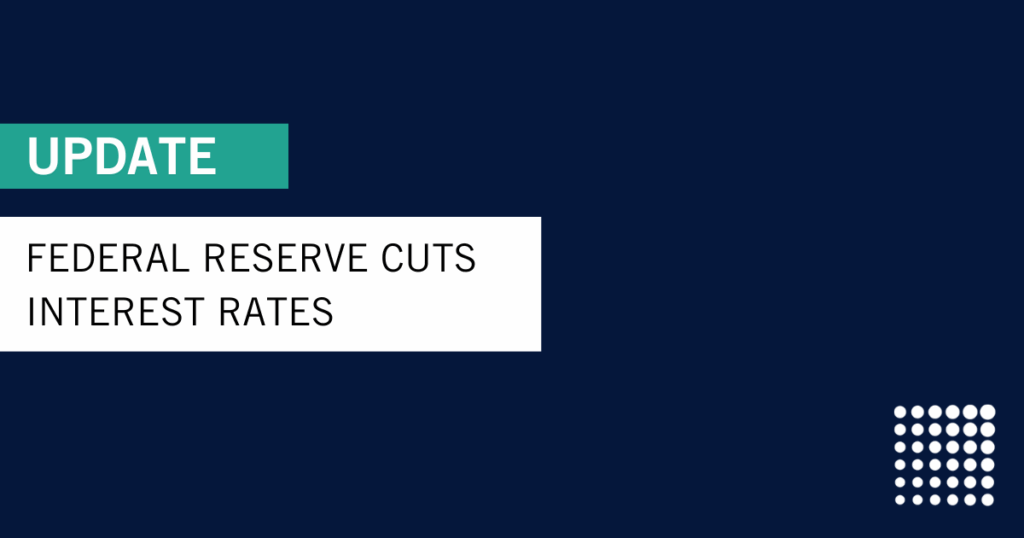Should you continue to pay when you don’t have to?
The Biden administration announced that coronavirus pandemic relief originally enacted under the CARES Act in March 2020 will be extended, giving most federal student loan borrowers the ability to pause payments through Sept. 30, 2021.
This forbearance provided by the federal government means that payments and interest accrual on most federal student loans is automatically paused, as well as collections activities on defaulted federal student loans. It is important to keep in mind that this is only a temporary halt, not forgiveness of the loans. Your student loan debt will be waiting for you when repayment resumes in October 2021 unless the reprieve is extended again.
Private lenders do not fall under the payment pause issued by the federal government. Contact your private lender for specific details on if forbearance is an option.
With dental school loans ranging anywhere from $350,000 to $500,000, or even higher for dental specialists, repaying these loans can take over a decade. Imagine even doubling that if both the husband and wife have loans.
With this unique opportunity presented to borrowers, knowing the right approach can be challenging. With student loans herself, CPA and Financial Planner Sarah Oliver knows there is not one right answer for everyone.
“I’ve gotten a lot of questions lately, especially from those clients with larger loans, or those with constricted cash flow due to the pandemic, on if they should pause payments,” said Sarah. “With my clients, I evaluate each situation individually. We cannot predict the future, but we can use the information we have at hand to make an informed decision.”
WHEN TO PAUSE PAYMENTS
If you are between jobs or working reduced hours, the extra cash from not making a large student loan payment will be helpful to manage rent and utility payments or even grocery bills.
If your pay is unaffected, there are really only a few reasons why a forbearance could benefit you in the long term. The main one is to help you build an emergency fund.
If the pandemic taught us anything, it’s how important it is to have an emergency fund. Sarah recommends having three to six months of basic living expenses saved up. Saving up this much money can seem overwhelming at first. Being able to quickly make some headway, by using funds you were already using for monthly loan payments, can really help.
WHEN TO KEEP PAYING
Then simple answer here is, keep paying if you can. However, the why is really the most important thing to understand. Sarah finds that helping her clients understand the reason behind the decision brings confidence.
During these 18 months, not only is your payment paused, but most importantly, so is interest accrual. Meaning, if you continue to pay on your loan during this time, you get the benefit of paying to the principal only. This means your balance will go down faster which will help you pay off your student loan more quickly.
Take this example: If you have a $50,000 student loan, with 5% interest and a 10 year repayment period remaining, should you continue to pay on your loan during the forbearance period, you would reduce the length of your original term period by 10 months. Should you choose to pause your payments, your term would increase by the number of payments paused.
Knowing that you are paying against the principal of your loan is appealing and may make you want to put even more money toward your loan during this period, especially if you have extra cash. Sarah cautions that you shouldn’t prioritize paying off student loans over retirement savings or starting an IRA or Roth IRA. [Read more about Sarah’s hierarchy of savings.]
WILL STUDENT LOANS BE FORGIVEN?
The media is reporting discussions between President Joe Biden and the U.S. Department of Education on the legality around the president’s authority to cancel student loan debt. Whether there will be any mass cancellation of student debt remains to be seen. Should this take effect at some point in time, it’s likely that not only will there be a cap on the forgiveness amount, but an income eligibility limit will also apply.
Rather than wait for the unknown, Sarah advises her clients to put themselves in the best position they can. In most cases this means continuing to work to pay off the loans and, in the process, getting over the fear of missing out on possibilities of loan forgiveness, or lower rates.
“Financial freedom means not relying on anything or counting on anyone,” says Sarah. “It’s about making yourself successful. Independent of changes in government policy, volatile markets or other factors outside of your control.”
Looking for a guide on your journey to financial freedom? Contact a member of our team for a complimentary consultation at cainwatters.com/contact.














